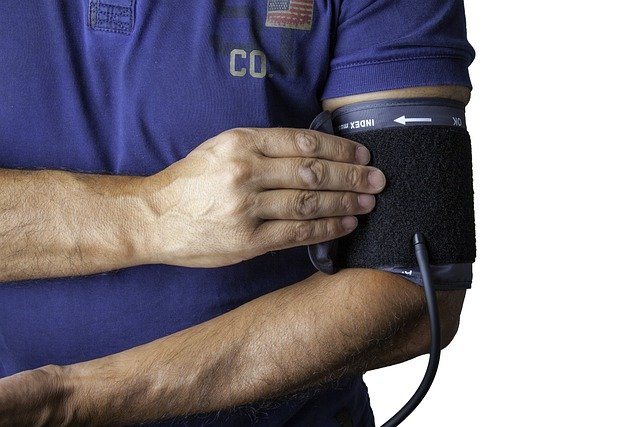Important reminder: These "minor symptoms" may be the brain's distress signal
Dementia is a complex and challenging condition that affects millions of individuals worldwide. Early diagnosis is crucial for managing symptoms and slowing progression. If you suspect that you or a loved one may be experiencing signs of dementia, understanding the testing process can provide clarity and guidance. This article explores various tests and methods used to diagnose dementia, offering insights into how they work and what you can expect.

What are the early warning signs of dementia?
Memory lapses are commonly associated with dementia, but there are other less obvious symptoms to watch for. These can include difficulty finding the right words, changes in mood or behavior, problems with abstract thinking, and decreased judgment. Some individuals may experience spatial disorientation, struggling to navigate familiar places or judge distances. It’s important to note that occasional forgetfulness is normal, especially with age, but persistent and worsening symptoms warrant attention.
How can you distinguish normal aging from dementia symptoms?
Differentiating between normal age-related changes and early signs of dementia can be challenging. While it’s common for older adults to occasionally forget names or misplace items, individuals with dementia may ask the same questions repeatedly, get lost in familiar places, or have trouble managing finances. Normal aging might slow down decision-making, but dementia can severely impair judgment and reasoning abilities. If cognitive changes interfere with daily life or cause concern, it’s advisable to consult a healthcare professional for a thorough evaluation.
What types of tests are used to diagnose dementia?
Various tests are employed to diagnose dementia, ranging from cognitive assessments to medical examinations. One common tool is the Mini-Mental State Examination (MMSE), a 30-question test that evaluates orientation, memory, and language skills. Another frequently used assessment is the Montreal Cognitive Assessment (MoCA), which includes tasks like drawing a clock and recalling a list of words. These cognitive tests for dementia provide valuable insights into an individual’s mental function and can help identify areas of concern.
Can dementia be diagnosed through online tests?
While online dementia tests can offer initial insights, they should not replace professional medical evaluation. Some reputable organizations provide online cognitive assessments that can help individuals gauge their mental acuity. However, these dementia tests online are primarily screening tools and cannot provide a definitive diagnosis. They may be useful for identifying potential issues that warrant further investigation by a healthcare provider. It’s crucial to approach online tests with caution and use them as a starting point rather than a final verdict.
What should you expect during a professional dementia evaluation?
A comprehensive dementia evaluation typically involves multiple steps. The process often begins with a detailed medical history review and a physical examination. Healthcare providers may conduct cognitive tests, such as the previously mentioned MMSE or MoCA. Additionally, they might order blood tests to rule out other conditions that can mimic dementia symptoms, such as vitamin deficiencies or thyroid disorders. Brain imaging studies like MRI or CT scans may be recommended to check for structural abnormalities or signs of stroke.
How accurate are dementia tests, and what happens after diagnosis?
The accuracy of dementia tests can vary, and no single test is 100% definitive. A combination of assessments, medical history, and clinical judgment helps healthcare providers make an accurate diagnosis. The commonly used 30-question test for dementia, such as the MMSE, has a sensitivity of about 81% and specificity of 89%. This means it correctly identifies dementia in 81% of cases and correctly rules it out in 89% of cases. However, these tests are most effective when interpreted alongside other clinical information.
After a dementia diagnosis, the focus shifts to management and support. Treatment plans may include medications to manage symptoms, cognitive stimulation therapies, and lifestyle modifications. It’s crucial for individuals and their families to work closely with healthcare providers to develop a comprehensive care strategy that addresses both medical and quality of life aspects.
This article is for informational purposes only and should not be considered medical advice. Please consult a qualified healthcare professional for personalized guidance and treatment.




